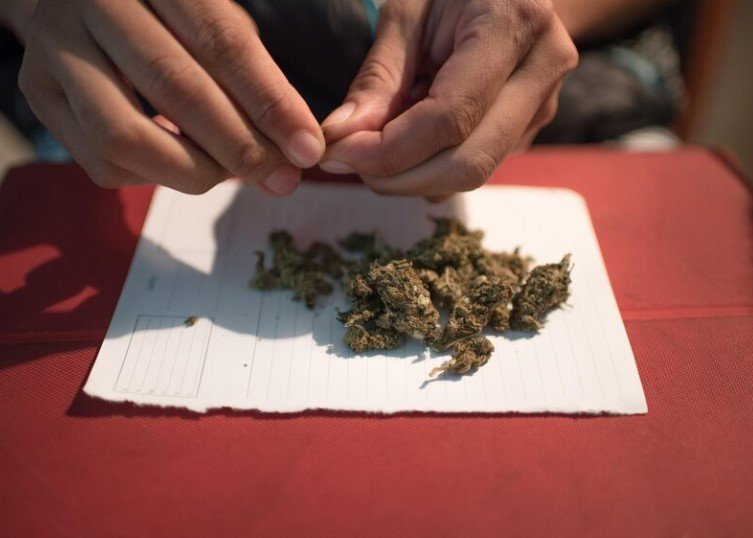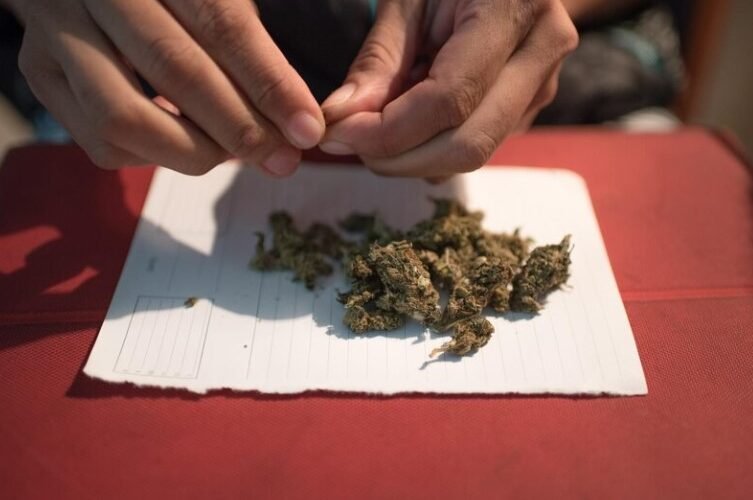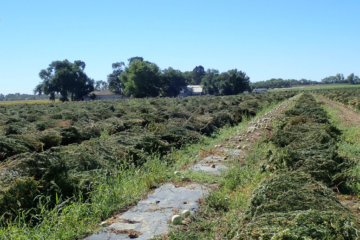Pennsylvania lawmakers are gearing up for what could finally be the year recreational marijuana gets legalized in the Keystone State. Governor Josh Shapiro plans to include the reform in his budget proposal once again, marking the third consecutive year the issue has made its way to the legislative forefront. This time, however, momentum appears stronger than ever, as lawmakers signal growing support and highlight shifting regional dynamics and social equity imperatives.
Shapiro made his stance clear in a recent interview with TribLive, underscoring the practical and economic reasons for legalization. “All the states around us have approved or are in the process of approving recreational marijuana,” he said. “Folks are going across state borders in order to purchase it and paying taxes to those states. They should be keeping their money right here in Pennsylvania.”
The message resonates with lawmakers on both sides of the aisle. After years of hesitation, even some conservative voices seem more open to addressing the economic and social realities surrounding cannabis.
Regional Pressure Puts Pennsylvania on the Clock
As Shapiro pointed out, Pennsylvania sits at the center of a growing network of states with legal adult-use cannabis markets. New York, New Jersey, and Maryland have all implemented or are rolling out recreational sales. Every trip across state lines to buy marijuana is lost tax revenue for Pennsylvania—a frustration the governor and his allies are no longer willing to ignore.
Rep. Dan Frankel (D), co-sponsor of a recently announced legalization bill alongside Rep. Rick Krajewski (D), explained that the economic case is coupled with strong social justice imperatives. “Expunging people’s records for marijuana possession” and ensuring that “communities most adversely impacted by the criminal justice system” benefit economically are critical priorities for the reform, he told WESA.
For Republicans hesitant to embrace legalization, the reality is becoming harder to dismiss. Frankel summed it up succinctly: “The toothpaste is out of the tube. You can’t put it back.” If cannabis is going to exist, many believe it’s time to regulate it properly and ensure that consumers have access to safe, legal products.

Lawmakers Rally Behind Bipartisan Legislation
Both chambers of Pennsylvania’s legislature are now seeing movement on the issue. On the House side, Frankel and Krajewski’s proposal includes a unique provision for state-run sales—an idea likely to spark further debate. In the Senate, longtime legalization advocate Sen. Sharif Street (D) and Sen. Dan Laughlin (R) are preparing to reintroduce a “comprehensive” bipartisan bill.
Laughlin’s involvement is particularly notable. As one of the few Republican lawmakers publicly supportive of legalization, his role may help bridge the divide and give GOP members more confidence to reconsider their positions.
Sen. Street, meanwhile, pointed to emerging policy discussions around DUIs and cannabis use. Specifically, there’s concern that existing laws penalize marijuana users who test positive for THC metabolites long after consumption, even when they’re not impaired. Addressing this issue, Street suggested, will be key to crafting a bill that works for patients and consumers alike.
The bipartisan energy on the issue is also evident in a bill introduced earlier this year by Reps. Aaron Kaufer (R) and Emily Kinkead (D), which drew support from 15 additional cosponsors.
Skepticism Remains Among Conservatives
Despite the optimism, opposition persists, particularly within the GOP. Rep. Kathy Rapp (R), minority chair of the House Health Committee, remains unconvinced about legalization’s economic benefits. Citing other states’ experiences, Rapp argued that the tax revenue generated has been “minuscule” and expressed concerns over the potential risks to youth and mental health.
However, Rapp acknowledged the reality of Pennsylvania’s proximity to legal markets, particularly in neighboring New York. “I know our constituents are going to New York, buying and coming back to Pennsylvania,” she admitted, suggesting there’s room for reform—even if only to avoid incarcerating Pennsylvanians for minor cannabis offenses.
Her comments reflect a broader shift among traditionally anti-cannabis lawmakers, many of whom now recognize that outright prohibition is neither sustainable nor just.
Social Justice and Equity at the Forefront
Beyond tax revenue and regulation, legalization advocates are emphasizing criminal justice reform as a core pillar of their proposals. Addressing decades of disproportionately harsh penalties for marijuana possession is seen as non-negotiable.
- Expungement of past cannabis convictions is a central component of the House bill, alongside provisions to reinvest revenue into communities historically targeted by the war on drugs.
- Social equity licenses for cannabis businesses are also being discussed as a way to ensure that marginalized groups share in the economic benefits of legalization.
Frankel’s emphasis on fairness underscores the evolving conversation around marijuana. “We need to provide opportunities for those who’ve been most harmed,” he said, echoing sentiments heard in legalization debates nationwide.
A Growing Consensus
Perhaps the most telling sign of change is the cautious support voiced by GOP Senate President Pro Tempore Kim Ward. While Ward has previously been skeptical of legalization, recent comments reported by activists indicate a softening stance. Ward reportedly acknowledged the importance of reform for her son’s safety and even joked that marijuana played a role in her meeting her husband.
For legalization advocates, Ward’s comments are a sign that the dam may finally be breaking. With rising pressure from constituents, economic incentives, and bipartisan momentum, Pennsylvania’s 2025 session may mark the long-awaited turning point for cannabis reform.
Lawmakers will reconvene next year under a bright spotlight, as advocates, businesses, and residents wait to see whether the state will join its neighbors or continue to lag behind. As Shapiro puts it, “It is an issue of fairness, justice and competitiveness”—and the stakes have never been higher.




